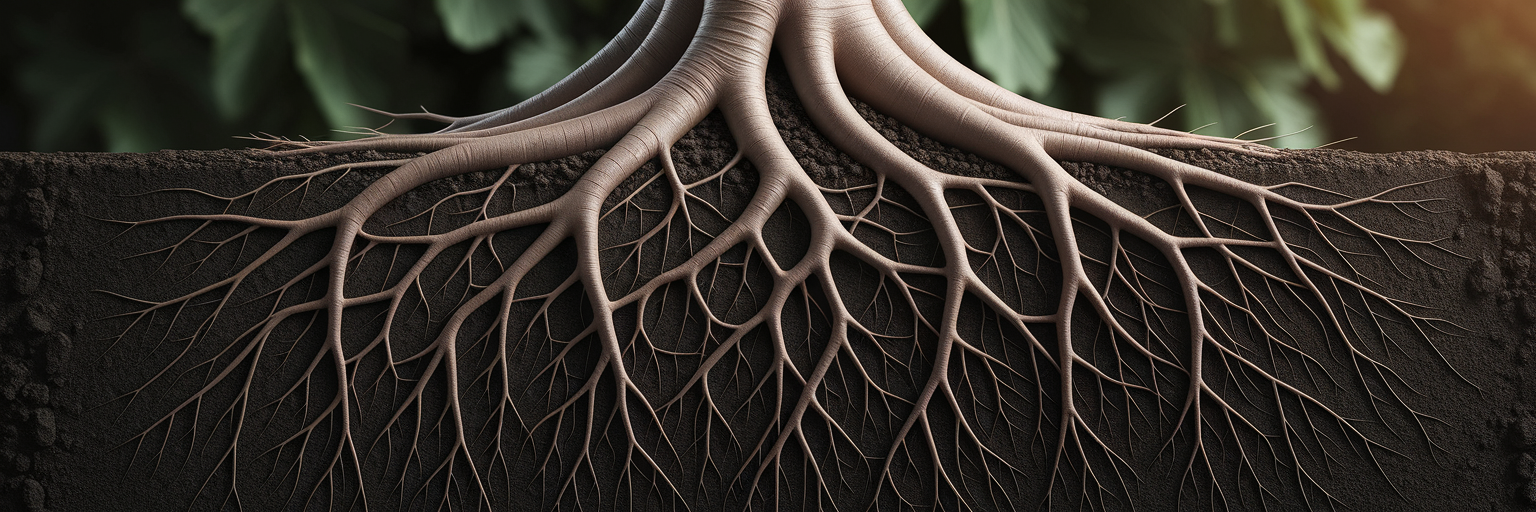The Recovery Challenge for Plant-Based Athletes
Many plant-based athletes share a common experience. Their diet fuels incredible endurance and overall health, yet muscle recovery can sometimes feel like a persistent hurdle. This isn't a flaw in the diet itself, but rather a unique physiological context that calls for intelligent nutritional approaches. While a plant-based lifestyle offers powerful anti-inflammatory benefits, optimizing recovery requires looking at specific micronutrients. This is where creatine, one of the most researched compounds in sports nutrition, comes into play.
Creatine is essential for cellular energy production and plays a direct role in muscle repair. This article explores the science of how creatine supplementation can bridge the recovery gap for individuals on vegan or vegetarian diets. By understanding its function, you can learn how to effectively reduce muscle soreness vegan athletes often encounter and improve your overall plant based athletic performance. The right approach requires smart nutritional strategies, and our blog offers a wealth of information on the topic.
How Creatine Powers Muscle Repair and Reduces Soreness

At its core, creatine’s job is to help regenerate adenosine triphosphate (ATP), which is the primary energy currency your muscles use for short, explosive movements like lifting, sprinting, or jumping. Think of it as recharging your muscles' cellular batteries. When you perform intense exercise, you rapidly deplete ATP stores. Creatine steps in to quickly replenish them, allowing you to push harder for longer.
But its role extends far beyond immediate performance. The muscle repair process that happens after a workout is incredibly energy-dependent. Your cells need a constant supply of ATP to mend damaged muscle fibers and build new tissue. With more available creatine, your body can sustain this repair process more efficiently. This leads to faster recovery between training sessions.
Furthermore, creatine helps manage the aftermath of a tough workout. It has been shown to lower biological markers of muscle damage and inflammation, such as creatine kinase. When these markers are elevated, you feel that familiar post-workout soreness. By helping to control this response, creatine directly contributes to less discomfort and a quicker return to your training schedule. While these benefits are universal, they hold special significance for individuals whose diets naturally provide less creatine, a point we will explore next. To understand more about its wide-ranging effects, it's helpful to review the core creatine benefits.
The Creatine Gap in Plant-Based Nutrition
While our bodies can synthesize small amounts of creatine, we also get it from food. The catch is that its primary dietary sources are animal tissues, particularly red meat and fish. Plant-based foods, on the other hand, contain virtually no creatine. This biological reality is well-documented, with studies consistently showing that vegetarians and vegans have lower muscle creatine stores compared to omnivores, as noted in research published by MDPI.
These lower baseline levels can translate into tangible athletic challenges. You might find yourself hitting strength plateaus sooner or noticing that muscle soreness lingers a day or two longer than you'd like. It’s important to see this not as a dietary deficiency, but as an opportunity for optimization. Supplementing with creatine isn't about "fixing" a plant-based diet. Instead, it's a strategic choice to align your internal creatine levels with your high-performance goals, giving your body the resources it needs to excel.
| Diet Type | Primary Dietary Creatine Sources | Typical Daily Creatine Intake | Resulting Muscle Creatine Stores |
|---|---|---|---|
| Omnivore | Red meat, poultry, fish | 1–2 grams | Normally saturated |
| Vegetarian | Small amounts from dairy/eggs | Trace amounts | Lower than omnivores |
| Vegan | None | Effectively zero | Significantly lower baseline |
This table illustrates the significant difference in dietary creatine intake between omnivorous and plant-based diets, highlighting why supplementation is a particularly effective strategy for vegan and vegetarian athletes.
Evidence-Based Benefits for Vegan and Vegetarian Athletes

The most compelling reason for creatine for plant based athletes is the significant impact it delivers. Because vegans and vegetarians start with lower baseline levels, their muscles have more room for saturation. This means they often experience more pronounced improvements in performance and recovery once they begin supplementing.
The research consistently highlights several key advantages:
- Accelerated Muscle Recovery: The creatine benefits for vegans are especially clear here. By boosting cellular energy, creatine helps your body repair muscle tissue more efficiently after intense exercise. A 2024 study published by MDPI found that a vegan diet supplemented with creatine had a protective effect, leading to lower levels of creatine kinase and inflammatory markers after exercise-induced muscle damage. This translates directly to faster, more effective recovery.
- Enhanced Strength and Power: Multiple studies have demonstrated that vegetarian and vegan athletes who supplement with creatine achieve greater gains in lean muscle mass and strength output compared to their non-supplementing peers. It provides the fuel for those extra reps that stimulate muscle growth.
- Improved Cognitive Function: The benefits aren't limited to the gym. Your brain is a high-energy organ that also uses creatine. Research suggests that supplementation can support cognitive functions like memory and processing speed, an area where those with lower baseline levels may see noticeable improvements.
When you combine an anti-inflammatory, plant-rich diet with targeted vegan muscle recovery supplements like creatine, you create a powerful synergy. The diet supports healthy blood flow and reduces oxidative stress, while creatine provides the direct cellular energy for repair. This effect is amplified when paired with one of the best protein powders designed for clean recovery, ensuring your muscles have all the building blocks they need.
A Practical Guide to Creatine Supplementation
Knowing how to take creatine for recovery is simple and straightforward. By following a few key guidelines, you can ensure you get the maximum benefit from your supplement.
Dosage: Loading vs. Maintenance
You have two primary options for dosage. The "loading phase" is designed to saturate your muscles quickly and involves taking around 20 grams per day (split into four 5-gram servings) for 5–7 days. After that, you drop to a maintenance dose. Alternatively, you can skip the loading phase and start directly with a daily maintenance dose of 3–5 grams. This approach will saturate your muscles more gradually over about three to four weeks, but it is just as effective in the long run.
Timing for Optimal Absorption
While you can take creatine anytime, research suggests that post-workout is the ideal window. After exercise, your muscles are more receptive to nutrient uptake. Consuming creatine along with carbohydrates and protein can enhance its absorption due to the insulin response, which helps shuttle creatine into your muscle cells more efficiently. Mixing 3-5 grams of creatine into a post-workout shake made with a scoop of our Chocolate Vegan Protein can significantly improve recovery and muscle repair.
Choosing a High-Quality Vegan Creatine
Not all creatine is created equal. It is essential to choose a product that is explicitly labeled "vegan," as some manufacturing processes can involve animal-derived ingredients. Look for pure creatine monohydrate, as it is the most studied and proven form. A high-quality supplement will also be third-party tested for purity and contaminants. A common concern is water retention, but it's important to understand this is intramuscular water, which hydrates muscle cells and is a positive sign that the creatine is working.
Integrating Creatine into Your Wellness Routine
Creatine is a safe, scientifically validated supplement that enhances muscle recovery, reduces soreness, and boosts performance. These benefits are particularly noticeable for plant-based individuals, making it a powerful tool for achieving your fitness ambitions. It is not a replacement for a nutrient-dense, whole-foods diet but rather a strategic complement that helps you optimize your body's natural processes.
Think of it as one of the most effective tools in your nutritional toolkit. It enables you to train harder, recover smarter, and reach your goals without compromise. It can be easily mixed into water, juice, or one of these easy vegan protein recipes. By integrating creatine into your routine, you are making a proactive choice to support your long-term health and athletic journey.





